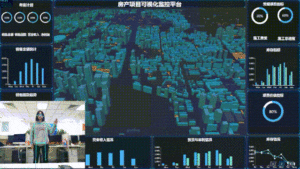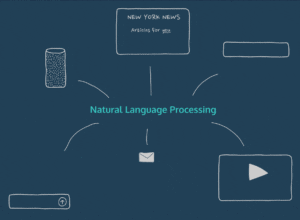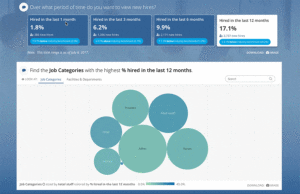Last updated on March 26th, 2024 at 09:58 am
The need to upskill to meet the dynamic demands of a technology-first world has been around for the past few years; it has only become more urgent in the wake of the COVID19 pandemic. The emergence of new technologies such as Artificial Intelligence, machine learning and data science has set the tone for the future.

In the post-COVID19 world, there are a few advanced data science skills that, when added to the toolkit of a data scientist, can make or break their career.
To ensure that your core competencies are strengthened as a data scientist, you can sign up for a comprehensive data science training course that explores the following:
#1: Geospatial Technologies
With more people working on data-driven decision processes, geospatial data has helped better planning and processing of the system. This knowledge has proved invaluable in tracking the COVID19 outbreak all over the world; come the near future, geospatial technology will likely be extended to other research areas as well.

A geospatial data scientist will need to sift through vast geographic and demographic datasets that hide gold nuggets of insight across diverse research topics.
#2: Natural Language Processing (NLP)
NLP gained traction even before the pandemic reared its ugly head. That said, it is only set to increase in importance and reach in a post-pandemic world. 
Most organisations often implement self-service systems, such as bots that come with multi-language optimized NLP to help solve customer problems.
Data scientists of the future must understand NLP and master it enough to help companies develop automated solutions for a better post-COVID outcome.
#3: Computer Vision
Computer vision is an artificial intelligence field which trains computers to interpret and comprehend the visual world. It uses digital images from cameras and videos as well as deep learning models to recognise and distinguish objects correctly. With the help of algorithms, computer vision is also integrated to follow up with a programmed response. In current scenarios, computer vision has proved helpful in containing the outbreak and regulating quarantines and social distancing in cities across the world. In the future, where maintaining distance might become the norm, data scientists specializing in computer vision will automatically become more hire able.
#4: Data Storytelling
With data analytics becoming a prime concern for companies across industries, the need for good data storytelling has increased. The benefit of data analysis is not just in the evidence it provides but also in how it is made meaningful and impactful. Gripping storytelling makes it easier for non-data-scientist stakeholders to understand the value of the information and the possibilities it poses.
 Data presented as contextual stories, rather than isolated data points, makes individuals more likely to understand the impact, decipher patterns and make more informed decisions.
Data presented as contextual stories, rather than isolated data points, makes individuals more likely to understand the impact, decipher patterns and make more informed decisions.
In turn, as data storytelling would help business leaders with powerful insights, it would help them better prepare for the post-pandemic world’s opportunities.
#5: Explainable AI
Considering that AI has reached into nearly every area of human life, companies must be able to trust computers and their decisions. This is where the need for explainable AI emerges. Until now, companies build and sourced AI models that predicted accurate insights from large data dumps. In a post-pandemic world, they may well shift to models that also provide explanations for predictions. Explainable AI is a step forward in reducing the mistrust in non-human workflows. It makes AI systems more transparent and much fairer and all-inclusive than they were earlier.
Conclusion
Advanced data science skills are crucial to the cause of innovation and growth. Advanced upskilling is an integral step for data scientists looking to become more than relevant in the coming years.

